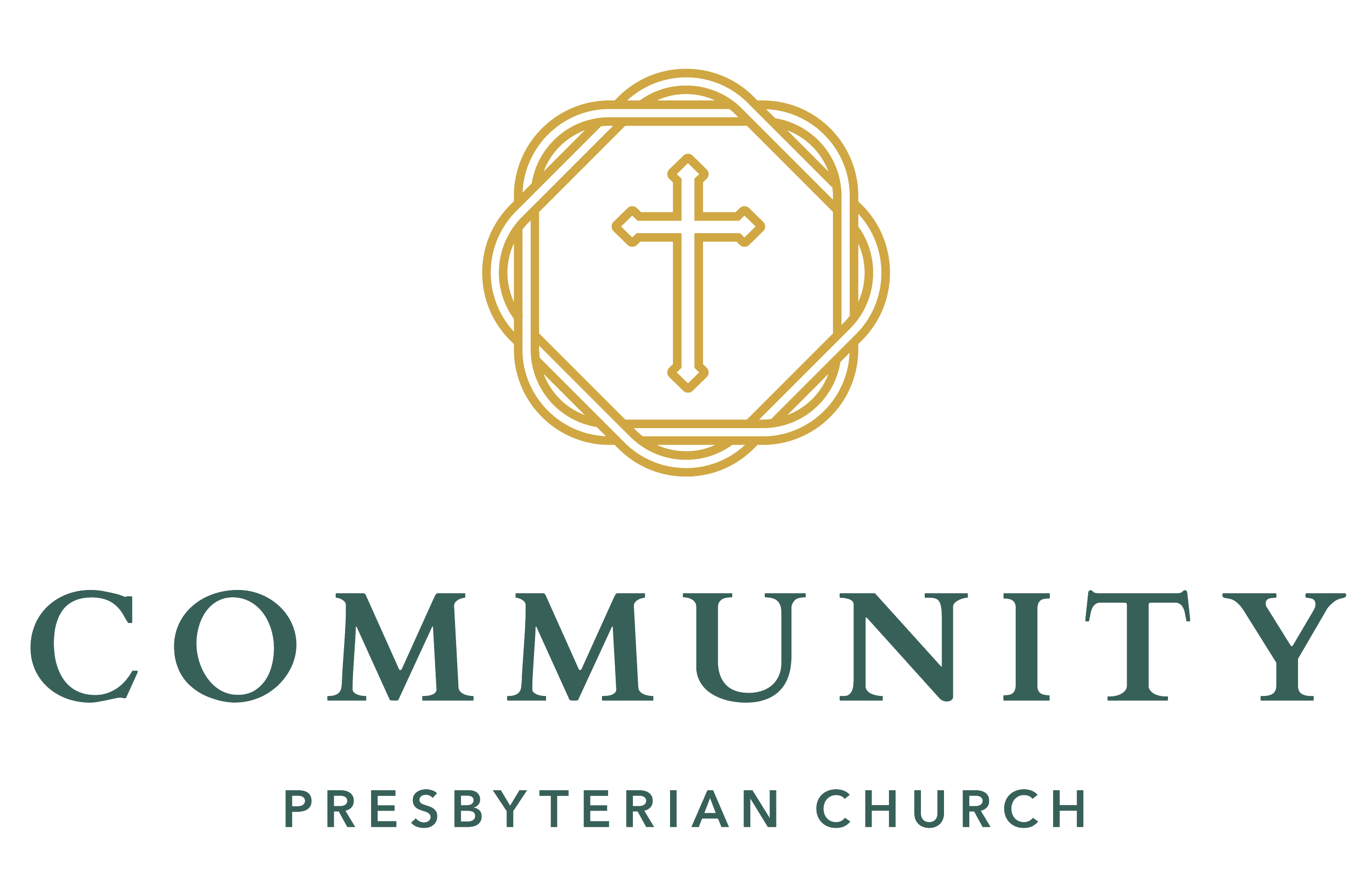Grace Alone
What is grace? Grace is sometimes defined as unmerited favor. That is, we have received favor from God even though we have done nothing to earn it. In reality, we have done quite the opposite—we have sinned against Him at every turn! A much better definition of grace would be de-merited favor. We deserve the complete opposite of what we get. We deserve coal, but we get gifts.
The idea of merit was crucial to the discussion during the time of the Reformation. The question was, “Can we do anything to please God in order to earn our salvation?” The established Medieval church gave a qualified “yes,” the Reformer’s gave a resounding “NO!” The Reformation sought to reclaim those biblical doctrines which exalted God’s grace and goodness to us as sinners. The Roman Catholic Church had buried those under a complex system that said if you repented enough, gave enough, confessed enough you could merit favor in God’s eyes. The Reformers, going back to the Scriptures, couldn’t find that idea anywhere. Rather, they found the exact opposite: we are saved, not by anything we do, but purely by God’s grace. To believe anything else was to rob God of His glory. This is how the Geneva Confession (1536), authored by John Calvin and William Farel, put it:
And in order that all glory and praise may be given back to God (as it is due) and that we may be able to have true peace and rest in our consciences, we agree and confess that we receive all the benefits of God … by His leniency and mercy alone, without any consideration of our worthiness or the merit of our works, to which is due no other recompense than eternal destruction.
You see why this doctrine was of such practical importance to the authors of this Confession, and of practical importance to you and me? Without salvation by grace alone we can have no “peace and rest in our consciences.” We will always be fretting about, wondering if we have done enough, prayed enough, or paid enough to earn God’s good pleasure. Anxiety would rule our lives and we would never know the peace that Jesus promised to give us (John 14:27). But to know that salvation—and everything else (James 1:17)—is a gift from God fills our souls with peace. Why? Because you don’t earn gifts! They are freely given. So sola gratia is of the utmost importance in the Christian’s life.
The Reformers did not invent this concept. As I said, they found it all throughout Scripture. I’ll leave you with two such passages. “For all have sinned and fall short of the glory of God, and are justified by his grace as a gift, through the redemption that is in Christ Jesus,” (Rom. 3:23–24). “For by grace you have been saved through faith. And this is not your own doing; it is the gift of God, not a result of works, so that no one may boast. For we are his workmanship, created in Christ Jesus for good works, which God prepared beforehand, that we should walk in them” (Eph. 2:8-10).
But there are many more. What passages come to mind when you think about God’s grace to you in gifting you with salvation in His Son?
